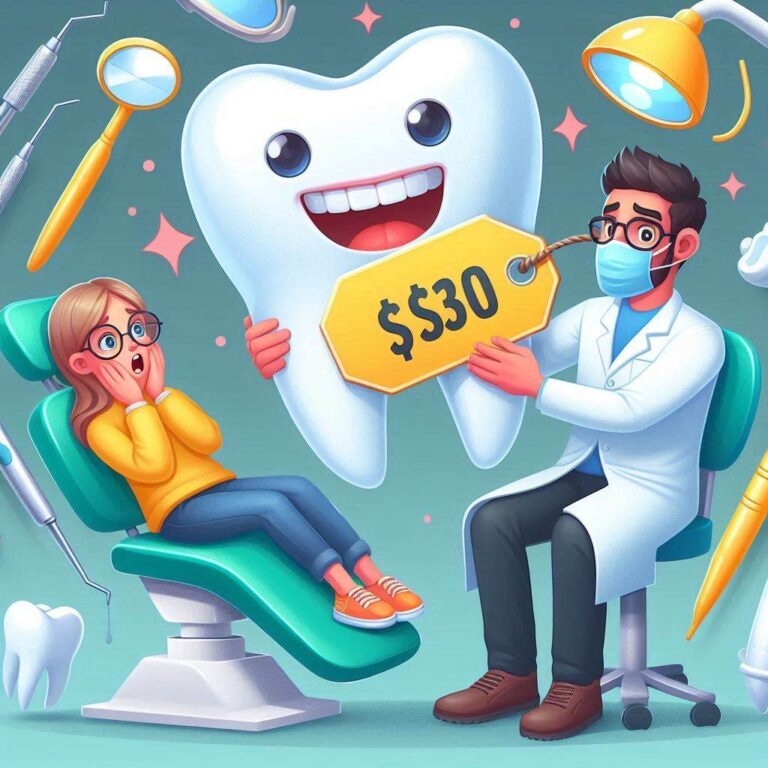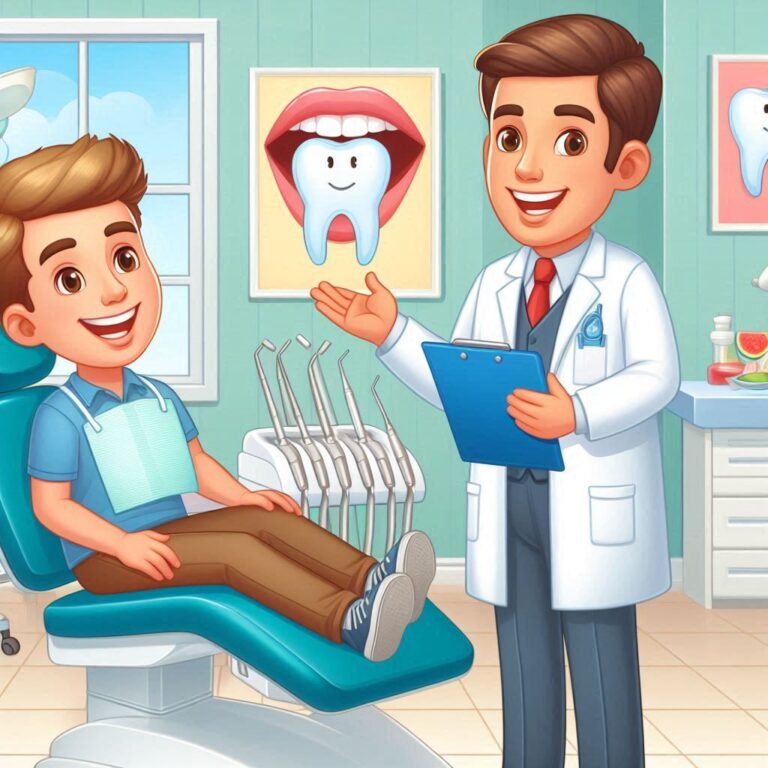Anxiety After Dental Extractions: A Comprehensive Guide
Dental extractions, particularly those involving wisdom teeth, can be a source of significant anxiety for many individuals. The fear of pain, the unknown, and the potential complications associated with these procedures can contribute to a heightened sense of apprehension. This comprehensive guide aims to provide valuable information and strategies to help you manage anxiety after dental extractions.

Understanding Dental Extraction Anxiety
Dental extraction anxiety is a common psychological response to the anticipation of a dental procedure. It can manifest in various ways, including:
- Physical symptoms: Rapid heartbeat, sweating, trembling, nausea, and difficulty breathing.
- Cognitive symptoms: Negative thoughts, worry, and fear of pain.
- Behavioral symptoms: Avoidance of dental appointments, procrastination, and seeking reassurance.
How to Stay Calm During Tooth Extraction
- Educate Yourself: Knowledge is power. Learn about the extraction process, potential risks, and benefits. This can help dispel misconceptions and reduce anxiety.
- Open Communication with Your Dentist: Discuss your concerns and fears with your dentist. They can provide reassurance, answer your questions, and develop a personalized treatment plan.
- Relaxation Techniques: Practice relaxation techniques like deep breathing, meditation, or progressive muscle relaxation to calm your mind and body.
- Distraction Techniques: Engage in activities that distract you from your anxiety, such as listening to music, watching a movie, or reading a book.
- Consider Sedation: If your anxiety is severe, discuss sedation options with your dentist. Sedatives can help you relax during the procedure.
Anxiety and Wisdom Teeth Removal
Wisdom teeth, also known as third molars, often erupt in a crowded mouth, leading to pain, inflammation, and potential complications. The removal of wisdom teeth is a common dental procedure that can be particularly anxiety-inducing. Here are some factors that may contribute to anxiety related to wisdom teeth removal:
- Pain anticipation: The fear of pain associated with the extraction process.
- Uncertainty: The unknown nature of the procedure and potential complications.
- Multiple extractions: The prospect of having multiple teeth removed simultaneously.
- Surgical nature: The procedure often involves surgery, which can be intimidating.
Can Wisdom Teeth Cause Anxiety?
While wisdom teeth themselves do not directly cause anxiety, the problems they can create, such as pain, inflammation, and infection, can contribute to a sense of stress and anxiety. The fear of these potential complications may lead to anxiety about wisdom teeth removal.
Feeling Depressed After Tooth Extraction
It’s not uncommon to experience a range of emotions after a dental extraction, including sadness or depression. This can be due to several factors:
- Pain and discomfort: Physical pain can affect mood and emotional well-being.
- Disfigurement: The temporary loss of teeth can impact self-esteem and body image.
- Fear of the unknown: Uncertainty about the healing process and potential complications can contribute to anxiety and depression.
- Underlying mental health conditions: Pre-existing mental health issues may be exacerbated by the stress of a dental extraction.
Coping with Depression After Tooth Extraction
- Seek support: Talk to friends, family, or a mental health professional about your feelings.
- Practice self-care: Engage in activities that promote relaxation and well-being, such as exercise, hobbies, and spending time in nature.
- Manage pain: Follow your dentist’s instructions for managing pain and discomfort.
- Maintain a healthy lifestyle: Eat a balanced diet, get enough sleep, and avoid excessive alcohol or drug use.
- Consider therapy: If your depression is severe or persistent, consider seeking professional therapy.
Additional Resources
- American Dental Association (ADA): https://www.ada.org/
- Anxiety and Depression Association of America (ADAA): https://adaa.org/
- National Institute of Mental Health (NIMH): https://www.nimh.nih.gov/
Conclusion
Anxiety after dental extractions is a common experience that can be effectively managed with the right strategies. By understanding the causes of anxiety, practicing relaxation techniques, and seeking support from healthcare professionals, you can overcome your fears and achieve a positive dental experience. Remember, you are not alone, and there is help available.
FAQs
- Is it normal to feel anxious before a dental extraction? Yes, it’s completely normal to experience anxiety before a dental extraction. Many people feel nervous about the procedure.
- How can I prepare for a dental extraction? You can prepare by educating yourself about the procedure, practicing relaxation techniques, and communicating your concerns with your dentist.
- What are the risks of dental extractions? The risks of dental extractions include bleeding, infection, dry socket, and nerve damage. However, these risks are generally low when the procedure is performed by a qualified dentist.
- How long does it take to recover from a dental extraction? Recovery time varies depending on the type of extraction and individual factors. Most people can expect to recover within a few days to a week.
- Can I take medication to help with anxiety before a dental extraction? Yes, you can discuss medication options with your dentist. They may prescribe a sedative or anxiety medication to help you relax during the procedure.


